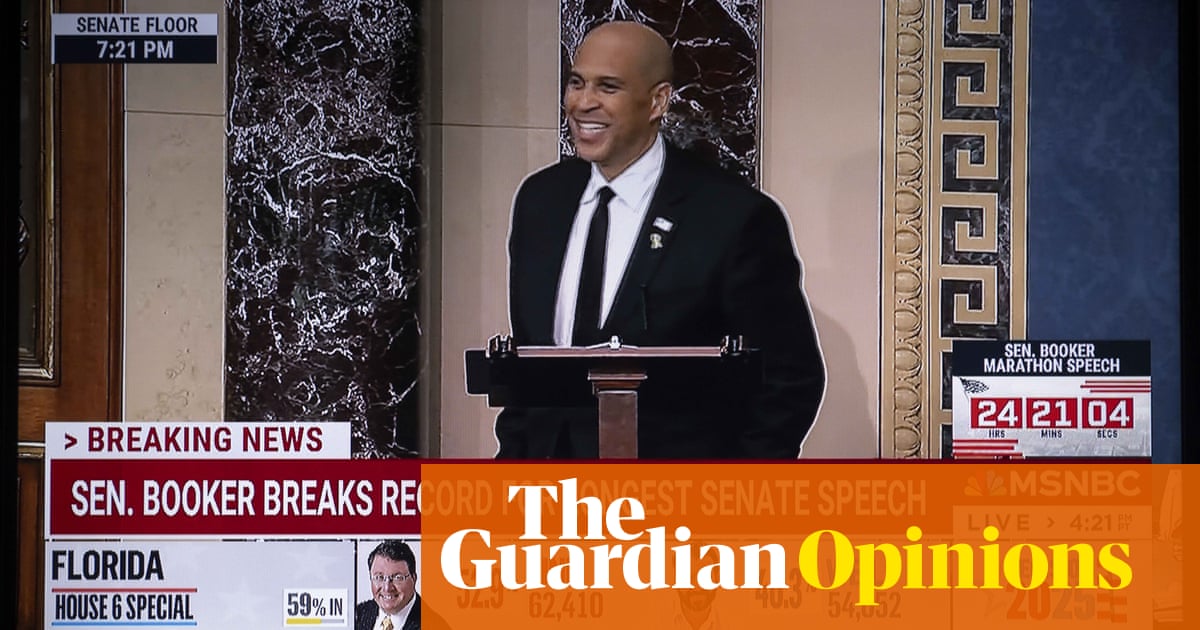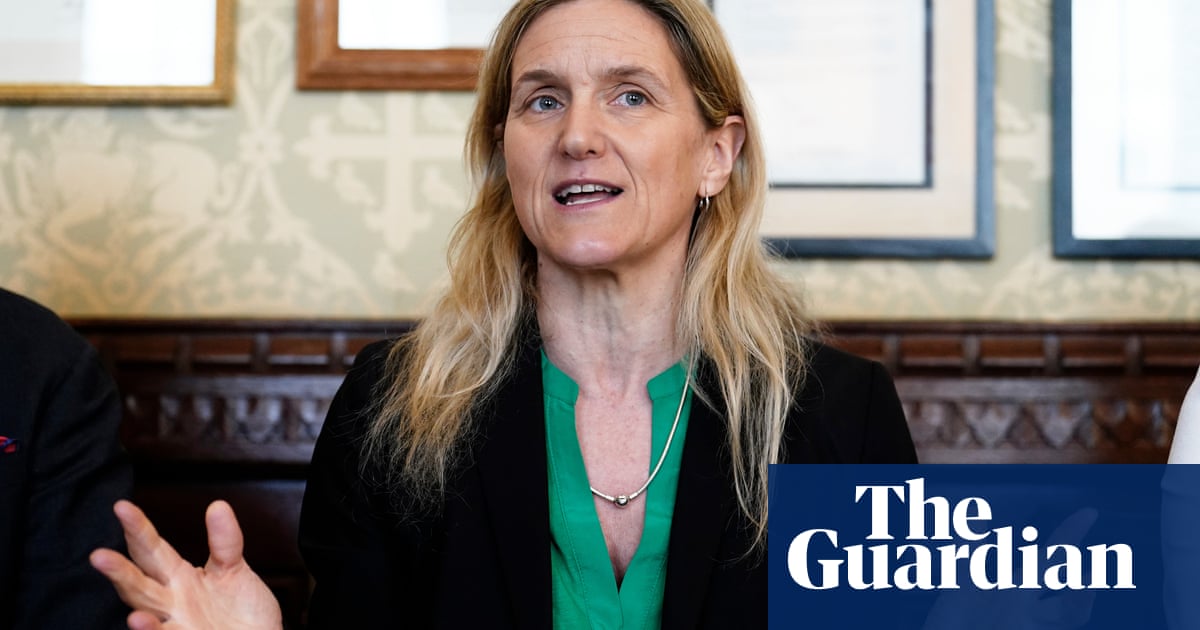A court of appeal ruling that has left lenders fearing PPI-level compensation bills over the motor finance commission scandal “goes too far”, the City regulator said on Monday.
The Financial Conduct Authority (FCA) made the comments in a written submission to the supreme court on Tuesday, as part of a high-profile case being closely watched by the government. The Treasury, which tried but failed to intervene in the case, is concerned the standing decision could spook businesses and threaten investment in the UK.
The case is part of efforts by two specialist lenders – Close Brothers and FirstRand – to overturn the controversial court of appeal ruling from October. The court said that failing to disclose plainly to consumers the amount of commission paid to car dealerships, and receiving their informed consent, was unlawful.
The ruling left car lenders fearing a compensation bill that has been estimated at up to £44bn, and raised concerns that it could encompass a wider range of financial products sold on commission, including insurance.
But the FCA, which is due to make live arguments at the court on Thursday, said it disagreed with the court of appeal’s decision. That included the suggestion that car dealers had to act in the best interest of borrowers.
“The sweeping approach of the court of appeal in (effectively) treating motor-dealer brokers as owing fiduciary duties to consumers in the generality of cases goes too far,” the FCA said.
It said car dealers “do not typically” have a requirement to act in consumers’ best interests, and treating all brokers as if they had this responsibility “would also be at odds with the legislative and regulatory framework”.
Car dealerships warned that the standing ruling, which overrides regulation, risked creating “financial chaos”.
“The danger in allowing the scope of common law duties to develop in leaps and bounds, rather than incrementally, is that it inevitably gives rise to significant uncertainty and instability,” the National Franchised Dealers Association (NFDA) said in its own submission to the court.
“A novel duty that has not been consulted upon by a regulator or digested by parliament has the capacity to cause havoc within an established commercial order, surprising regulators and threatening financial chaos.”
Roughly 90% of new cars, and a growing number of used vehicles, are bought with the help of motor loans. Car dealers usually receive a commission from lenders – such as Lloyds Banking Group, Santander UK, or Close Brothers – when buyers agree to take out their loans through these dealerships.
Lawyers for Close Brothers, who opened the hearing on Tuesday morning, echoed the FCA’s arguments. They told the panel of judges at the supreme court in Westminster that car dealers had as little responsibility to act in consumers’ financial interests as shop workers.
after newsletter promotion
“Consider what an extreme test this is,” Mark Howard KC said. “A salesman in a shop plays a role in the decision-making of customers, having made judgment calls of what products to put forward to the customers,” he said. “But, when the shopworker is asked their advice, they are not expected to respond in the best interest of the customer. They are, effectively, ‘there to make a sale’.”
Even if a car dealer told a customer that they could get them “the best deal”, this did not mean they were duty bound to the buyer, “just as much as when a salesman says ‘this is the best suit you can buy’,” Howard said.
However, the FCA warned judges against simply accepting the lenders’ arguments wholesale. Specifically, the regulator was concerned about fully dismissing concerns over potential bribery when it came to assessing the way commission was paid and disclosed, since it could leave a gap in the law that others could exploit.
But law firms that file claims against lenders on behalf of borrowers still hit out at the FCA over its comments, saying the regulator was siding too closely with lenders.
Darren Smith, the managing director of Courmacs Legal, a company that says it is handling more than 2m motor finance claims, said: “On a day when millions of people’s bills are going up, it’s hard to understand why the FCA aren’t on the side of consumers, let alone trying to protect lenders who have duped them over many years.
“The regulator should be standing up for consumers, not protecting lenders who have taken them for a ride. People deserve their money back after being ripped off and they deserve it now.”
The three-day hearing will continue until Thursday.

.png) 1 day ago
6
1 day ago
6













































